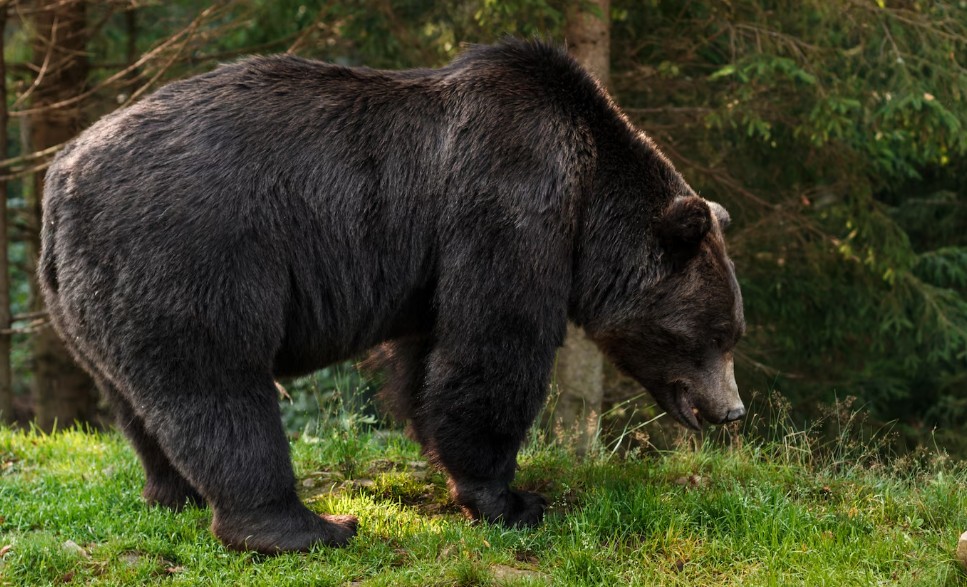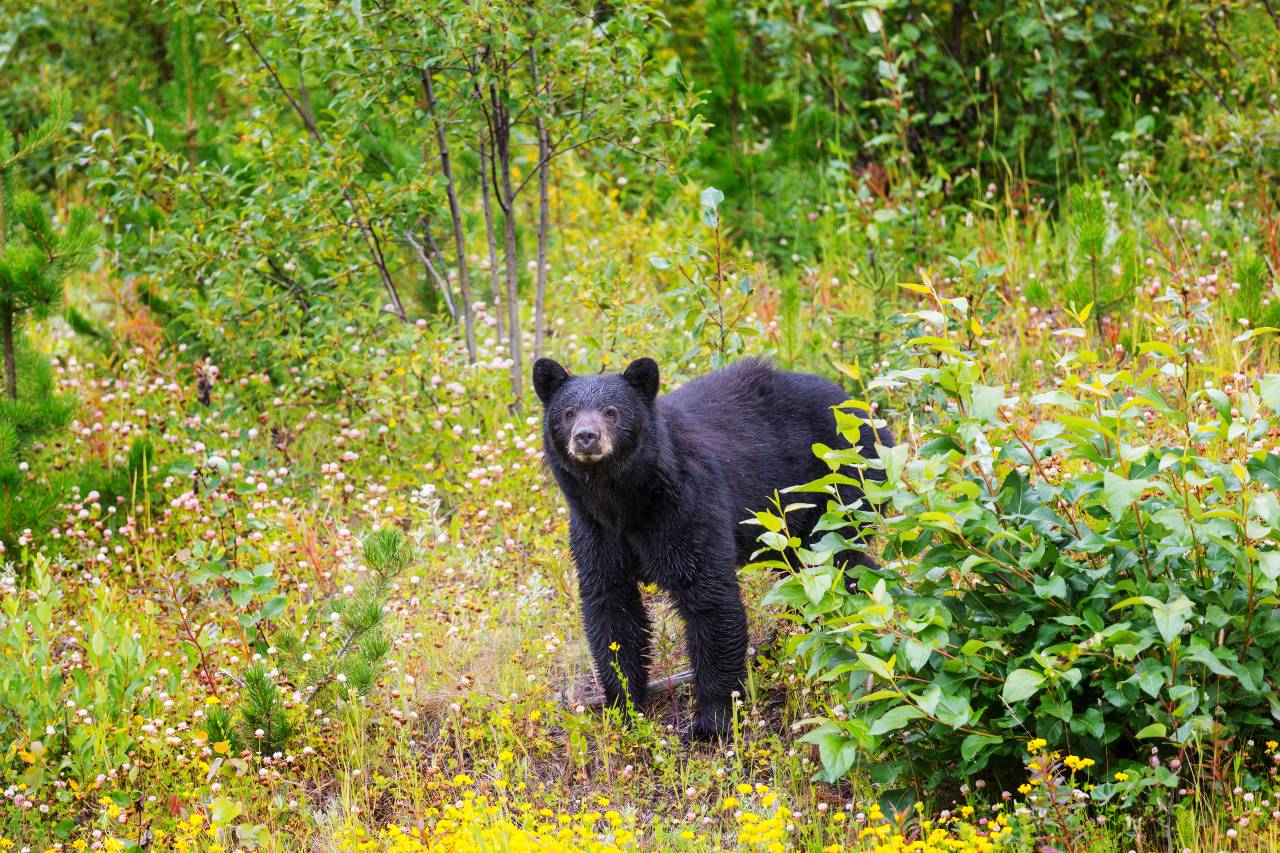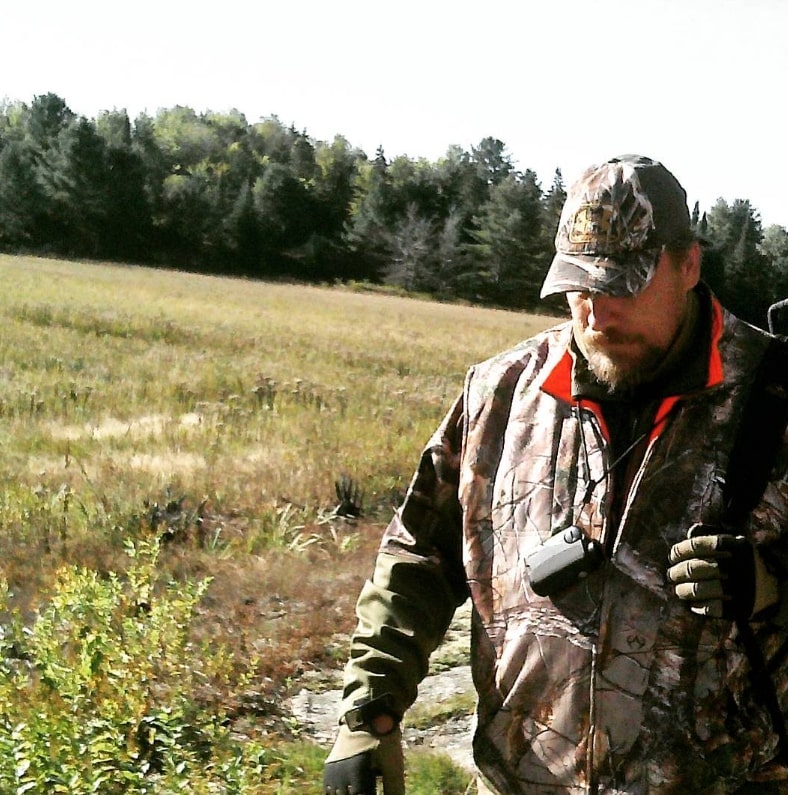Black bear hunt


Black bear hunt
Hunting black bears is quite a curious endeavor for many adventure seekers out there. But you gotta be in the know about this majestic animal’s behavior, habitat, and biology, as well as the right tools and ethical hunting practices. This article is going to take you on a wild ride as we explore the fundamentals of hunting black bears, covering a wide range of topics from their habitats, feeding habits, hunting regulations, and ethical considerations.
Habitat Black bears are notorious for their wide range of habitats, from swamps to forests and even mountainous regions. They’re found all over North America, from Alaska to Mexico. Black bears love areas with dense vegetation, such as timber and thick brush, as it gives them some degree of shelter and security from predators.
Feeding Habits Did you know that black bears are omnivores? They eat a variety of foods, including insects, nuts, berries, fruits, and even small animals. Black bears aren’t above scavenging from human food sources like bird feeders or garbage cans. It’s vital to know a bear’s feeding habits if you want to catch one successfully, as baiting is a common tactic hunters use to lure them in.
Hunting Regulations Before you go out hunting black bears, you should know that it’s regulated by state and provincial wildlife agencies. Regulations typically cover a set hunting season, equipment, and methods. In some areas, baiting or hunting with dogs may be illegal, while in others, it’s allowed with some restrictions. To avoid any complications, it’s crucial to consult with your local wildlife authorities to ensure you’re following all the hunting regulations.
Equipment If you want to be successful in hunting black bears, you need the proper equipment. This includes a high-powered rifle with sufficient ammunition, a robust tree stand or blind, and scent control products to minimize human odor. You also need a means of tracking the bear once it’s shot, like a GPS device or tracking dog.
Ethical Considerations Hunting black bears is not just about taking them down but also ensuring responsible and sustainable management of their population. You should only take shots that are within your skill level and guarantee a quick and humane kill. Proper disposal of the bear’s carcass and following all hunting regulations are also crucial ethical considerations.
It’s also essential to think about the impact that hunting can have on bear populations. Over-harvesting or targeting specific genetic traits, such as larger bears, can result in a decrease in population and genetic diversity. Therefore, you should use selective harvesting methods that maintain healthy populations and genetic diversity.
Lastly, it’s crucial to be mindful of the potential risks involved in hunting black bears. Although black bears are not typically aggressive towards humans, they are still wild animals and can be unpredictable. It’s essential to take proper precautions, like making noise to avoid surprising a bear and carrying bear spray as a last resort.
Hunting black bears is a challenging and fulfilling outdoor activity that requires the right knowledge, equipment, and ethical considerations. By understanding the bear’s behavior, habitat, and feeding habits, hunters can increase their chances of a successful hunt while also minimizing their impact on the population. Adhering to responsible hunting practices and following all hunting regulations is essential for the sustainable management of black bear populations.





